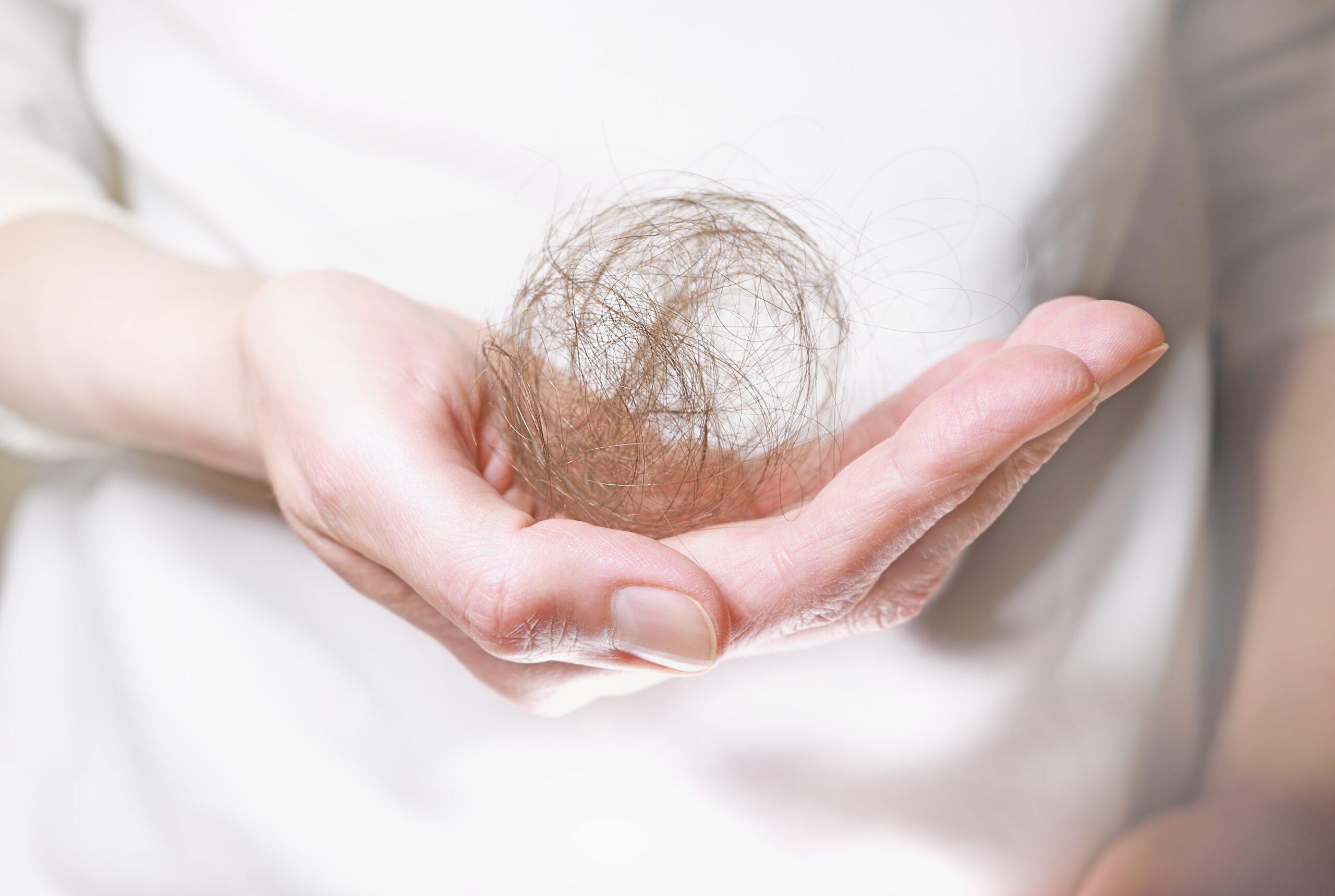
A new indication has been added to the product information for baricitinib. In addition to rheumatoid arthritis and atopic dermatitis, baricitinib is now also approved for the treatment of severe alopecia areata. This therapy may be considered for adult patients for whom other therapies are either ineffective or inappropriate.
Alopecia areata is a complex autoimmune condition that can cause hair loss of the scalp, eyebrows, and eyelashes. Many of the cytokines involved in the pathogenesis of this disorder depend upon Janus kinases (JAKs) for intracellular signalling. The BRAVE-AA trials investigated the safety and efficacy of baricitinib, a JAK inhibitor, for this condition.
Patients with a Severity of Alopecia Tool (SALT) score of at least 50 (where 0 = no scalp hair loss and 100 = complete scalp hair loss) were randomly assigned to receive baricitinib 2mg daily, baricitinib 4mg daily, or placebo. The primary outcome was a SALT score of 20 or less at week 36. In the BRAVE-AA2 trial, the primary outcome was reached in 35.9% of patients in the baricitinib 4mg group, 19.4% in the baricitinib 2mg group, and 3.3% in the placebo group.
Adverse effects more commonly reported in the baricitinib groups include acne, elevated creatine kinase levels, and increased low- and high-density lipoprotein cholesterol levels. Baricitinib is not currently subsidised on the Pharmaceutical Benefits Scheme (PBS) for treating alopecia areata.
References:
- King B, Ohyama M, Kwon O, Zlotogorski A, Ko J, Mesinkovska NA, et al. Two phase 3 trials of baricitinib for alopecia areata. N Engl J Med. 2022; 386: 1687-99.
- Olumiant® (baricitinib) Australian approved product information. Sydney: Eli Lilly Australia. Approved May 2023.
Subscribe Knowledge Centre Updates
Enter your details to receive Knowledge Centre updates
